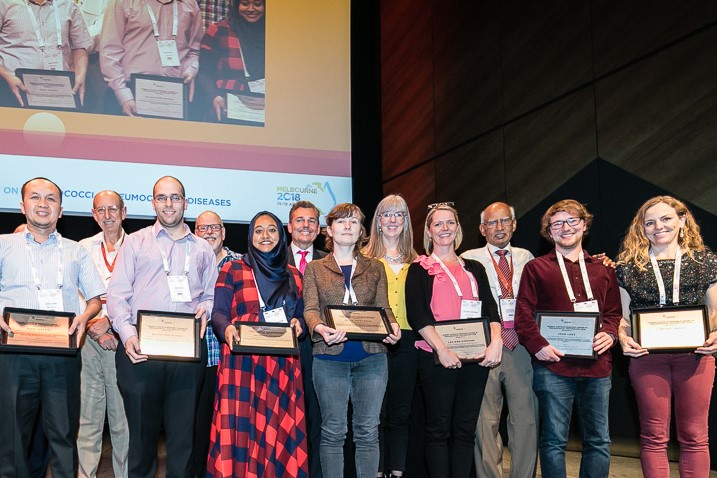Search

News & Events
The Kids Research Institute Australia leads WA arm of Australia’s first needle-free COVID-19 vaccine studyEnrolments for Australia’s first needle-free, gene-based COVID-19 vaccine study – to be led in WA by The Kids Research Institute Australia – are open.
Venue Information Accommodation Options Contact us THE UNIVERSITY CLUB OF WESTERN AUSTRALIA Hackett Entrance #1, Hackett Drive, Crawley, Western
Contact us If you'd like to get in touch, please contact us by phone or email. Phone: 0400 450 240 Email: vtg@thekids.org.au The PRIME Study The

News & Events
Congratulations Dr Lea-Ann Kirkham - Robert Austrian Award WinnerCongratulations to Dr Lea-Ann Kirkham - one of just 10 recipients from around the world to receive a prestigious Robert Austrian Award at the International Symposium on Pneumococci and Pneumococcal Diseases.
How protective is the whooping cough vaccine? Vaccination and allergy Even though Australia has high vaccination rates against whooping cough, we
Research
Exploring quality of life of children with cerebral palsy and intellectual disability: What are the important domains of life?An estimated half of all children with cerebral palsy also have comorbid intellectual disability, the domains of QOL for these children are not well understood
Research
Antibiotic duration and timing of the switch from intravenous to oral route for bacterial infections in children: systematic review and guidelinesSystematic review of antibiotic duration and timing of intravenous to oral switch for paediatric infectious diseases and evidence-graded recommendations
Research
Protective benefit of predominant breastfeeding against otitis media may be limited to early childhood: results from a prospective birth cohort studyOur findings are in line with a number of epidemiological studies which show a positive association between breastfeeding and OM in early childhood
Research
Long-term outcomes from acute rheumatic fever and rheumatic heart disease: A Data-Linkage and Survival Analysis ApproachAdverse outcomes for people with acute rheumatic fever and rheumatic heart disease and the effect of comorbidities and demographic factors on these outcomes
Research
Self-harm: Prevalence estimates from the second Australian Child and Adolescent Survey of Mental Health and WellbeingThe demonstrated higher risks in young people for continued harm or possible death support the need for ongoing initiatives to reduce self-harm
